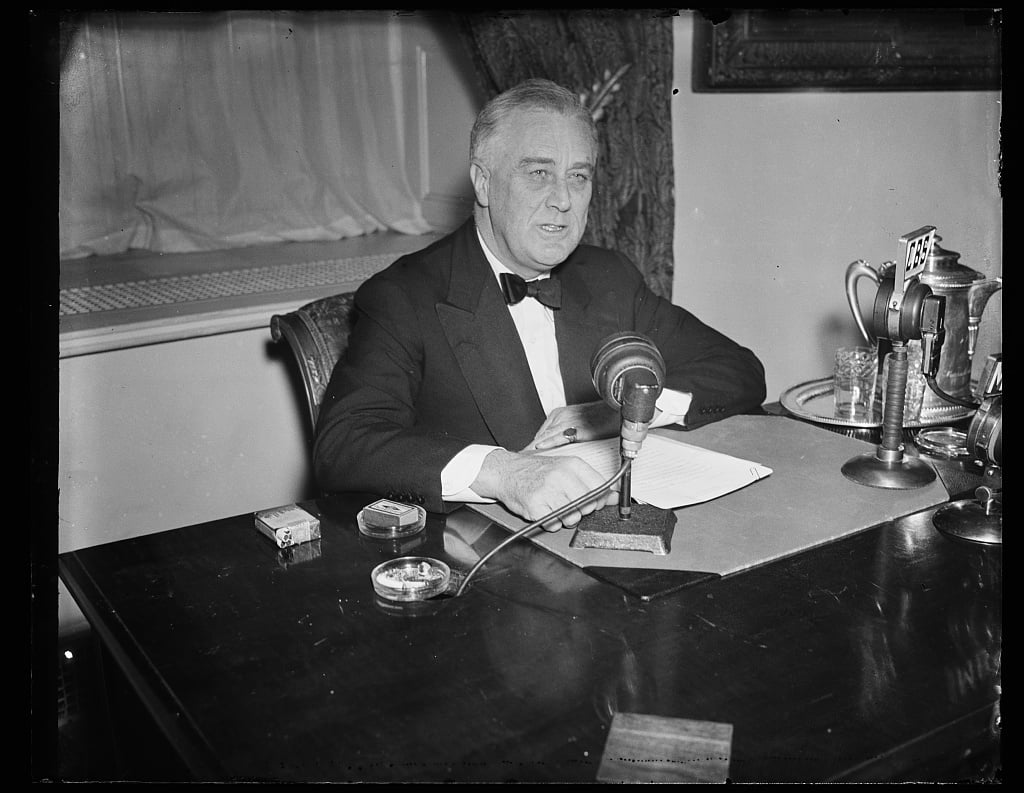California lawmakers and Senator Bernie Sanders are proposing a bill that would change working hours for millions of Americans. The introduced bill would establish a 32-hour workweek across the U.S.
This would be the first time in 84 years that Americans’ 40-hour workweek would change, and many other lawmakers are in support of this change.
What Is the 32 Hour Workweek Act

Known as the 32-Hour Workweek Act, the bill aims to redefine the full-time workweek from 40 hours to 32 hours without reducing workers’ pay.
California’s Senator Laphonza Butler and Representative Mark Takano stand at the forefront of the conversation, advocating for Sanders’ bill as it could vastly improve the work-life balance of millions of Americans.
Reintroducing the Bill

Takano reintroduced the bill to the House of Representatives in March 2023. “For too long, our country has prioritized corporate profits over working people and Americans have been forced to work longer hours, sacrificing time with loved ones,” Rep. Pramila Jayapal said in a statement.
“While policies enacted by President Biden and Democrats have finally started to raise wages for workers across multiple industries, it’s vital that health, well-being, and basic human dignity are valued over employers’ bottom lines,” Jayapal said.
What Will the 32-Hour Workweek Do?

Last week, Sanders introduced legislation to the U.S. Senate that could push the 32-hour workweek forward.
This push also seeks to address the widening gap between executive profit and average worker wages and advocate for more personal time and economic equity.
When Did the 40-Hour Workweek Start?

This historic change came after labor movements demanded better working conditions and shorter workdays. Henry Ford, who tested the 40-hour workweek model on his assembly lines, discovered that the shorter workweek improved productivity and morale.
Who Supports the Change?

A new poll shows that progressive-leaning pollsters and many Republicans also support the bill (via Newsweek).
Most People Support the 32-hour Workweek

The survey asked 1,196 likely U.S. voters if they support the bill because it will reduce stress levels and allow Americans to enjoy a better quality of life” or if they oppose it because “it will reduce worker productivity and business revenue.”
We conducted the poll from March 15-17 and it had a margin of error of plus or minus 3 percentage points. 57 percent of respondents said they supported the bill, while 34 percent possessed the bill.
How the Parties Feel About the Bill

Approximately 69 percent of Democrats and 58 percent of independents support a 32-hour workweek, while 24 percent and 31 percent of Democrats and independents oppose it.
The Critics of the Bill

While Sanders and California lawmakers have stated that the bill would improve the quality of American life and the economy, some have been vocal about their criticism of a shorter workweek.
Senator Bill Cassidy (R-La) said he believes the legislation would harm the economy. “You increase the cost of labor, which means that companies are more likely to automate. They’re more likely to move their operations overseas for cheaper labor costs. And lastly, it contributes to inflation,” Cassidy said to Fox Business.
Taking a Step to Protect Modern Americans

However, Sanders believes that the bill would be an “important step” in making sure that workers benefit from the “massive increase” in productivity.
“Today, American workers are over 400 percent more productive than they were in the 1940s. And yet, millions of Americans are working longer hours for lower wages than they were decades ago. That has got to change,” Sanders said in a press release.
How the 32-Hour Workweek Helped Other Countries

In the last two years, more countries and companies have experimented with shorter workweeks. Spearheading the change is the 4-Day Workweek Global, a non-profit organization that has been researching workplace practices.
The data collected has proven that a 32-hour workweek has highly positive results, with a 40 percent increase in productivity, reduced sick days, and lower unemployment rates.
When Will the 32-Hour Workweek Start?

While workers are experiencing an improved sense of well-being in the workplace operating on a four-day workweek, it may be some time before the U.S. is ready to make a radical change.
It is unclear if the bill will move forward or if it will leave without igniting a spark in government as it did in 2023. Time will tell how your workweek will change in the future.
